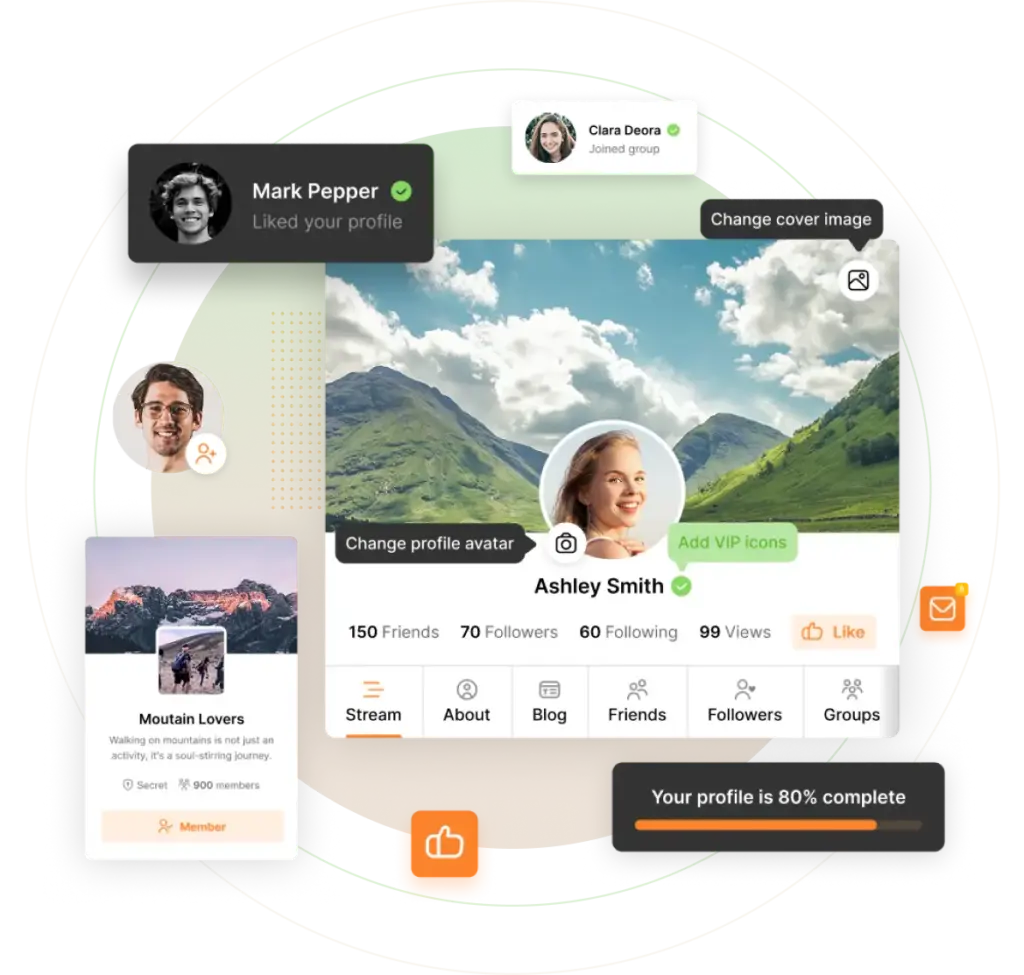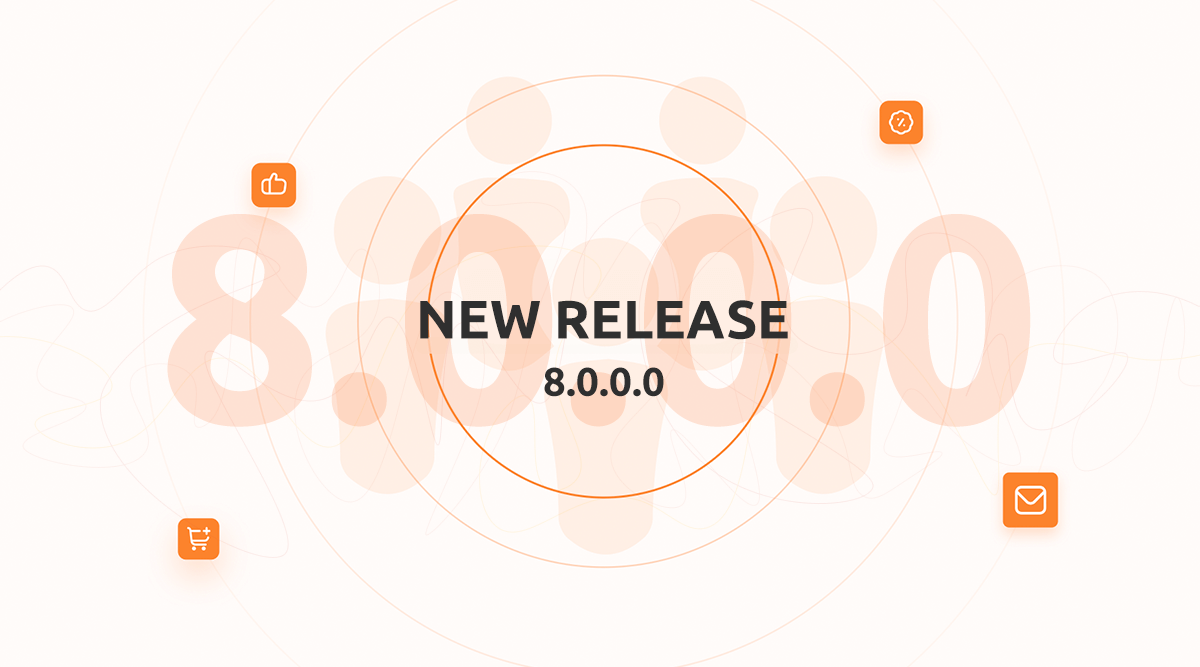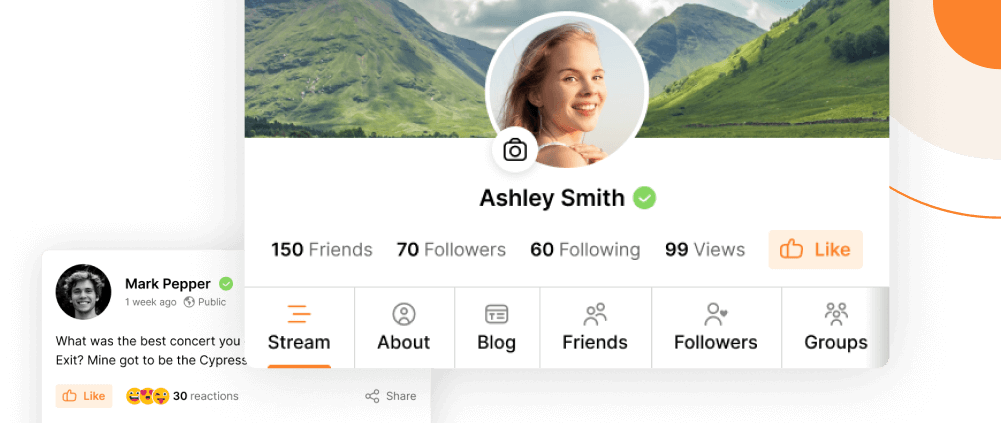For the relentlessly curious, there’s nothing better than reading something that opens you up to new ideas and ways of thinking, or takes you to a whole new level of understanding. A good piece gives you answers; a great piece inspires you to ask more questions.
We’ve read hundreds (literally hundreds – hundreds of hundreds, even) of blog posts and articles about social networking (and by proxy, social media) and these five really stood out – so we decided to share them here. There’s a variety of topics and writing styles represented in this list, so we’re confident you’ll find something that really piques your interest (truth be told, we’re confident that all these things will pique your interest).
1. Social Authority: Our Measure of Twitter Influence by Peter Bray
This piece on the Moz blog is over two years old and will be familiar to many of you, but it’s well worth reading again. What makes it so noteworthy is its focus on activity and engagement as a measure of social media/networking success, rather than followers; the popularity of “get more followers!” bots and apps would suggest that most people still see followers as the yardstick against which they should measure their social media/networking prowess. At a glance, it might look like someone with 8000 followers is more social-networking-successful than someone with 5000, but as Bray very successfully argues, following someone is a very passive act; sharing their content to your circle and taking the time to interact with someone is proof that what you’re sharing is reaching people and making a difference. We particularly like this because it’s a great argument for why people should consider starting their own private social network, despite the dominance of Facebook; is it better to have five people really talking to you and engaging with what you have to say on your own, WordPress-hosted social network, or a hundred people scrolling past (or never even seeing) your posts on Facebook? We also love the transparency of this article; they explain their research and methods in a way that’s clear without being condescending.
2. Dispelling the myth of free websites would diversify business models by
We like this article because it puts forth a really brilliant idea. People get up in arms about paying for Facebook, but they’re also not happy about using it for free in exchange for Facebook selling their data to advertisers (as the saying goes: if you’re not paying for something, you’re the product). What Klingebiel suggests is: give people a choice between paying for the service with money, or their data. There’s already a precedent for people being willing to pay a small amount in exchange for (relative) peace of mind, in the form of Posteo’s promise of truly private email and Ello’s one dollar charge for certain features and services (it’s still seeing tens of thousands of membership requests per hour). For those who can’t afford to pay or don’t want to hand over their credit card details, they can make peace with the fact that advertisers will be able to ask them to buy things, and find out “public” information like their hometown or alma mater.
It’s something worth considering: would you rather hand over your money, or your data? And, if you’re looking at setting up a private social network, how would you go about monetizing that service/covering your running costs?
3. Who ‘likes’ my Virtual Bagels? by Rory Cellan-Jones
This fantastic experiment makes for a very entertaining read, and we’d consider it a must-read for anyone considering (or already engaging in) Facebook advertising. His simple experiment using a bagel shed light on just how many fake profiles are clicking on your Facebook adverts; fake profiles, but very real money you’re spending for those clicks. He then uses simple targeting to see if that decreases the number of fake profiles, with good results.
We like this post because Facebook can be really overwhelming for small businesses, and fake profiles clicking your adverts and liking your paid posts isn’t something Facebook is going to help you with – they get your money, regardless of whether you get real conversions. It’s witty, transparent as air, and has the potential to really help small businesses navigate the minefield that is Facebook advertising.
3. Almost None of the Women in the Ashley Madison Database Ever Used the Site by Annalee Newitz
While the title of this Gizmodo article might make it look like yet another piece of Ashley Madison related clickbait, Newitz’s attempt to find out just how many real women were using the site (in the wake of claims that around 95% of the female profiles were fake) is incredibly interesting. While most articles have focused on email addresses and credit card details, this one looks at how their messaging system worked, the IP addresses of female accounts, and other aspects of the massive data file that other writers have mostly overlooked.
While it’s pretty clear Ashley Madison created the fake profiles themselves, the common markers of bot-created/fake profiles that Newitz highlights here will be useful for anyone running their own membership site (particularly their own dating site) and trying to keep it safe and spam-free.
The internet’s golden rule is usually “don’t read the comments”, but we’d suggest taking a look at the top comments just this once (filed under “Annalee Newitz’s Discussions”) for some further interesting points (and general witty banter).
The Laborers Who Keep Dick Pics and Beheadings Out of Your Facebook Feed by Adrien Chen
This post from last year puts a face to the person who receives your report when you flag spam or transgressive content on Facebook or Instagram. It’s easy to see a process where you simply have to click a button and select a few options as something that would be automated; this article looks at how this process works, and talks to the people who have to watch hours upon hours of content that would make most of us sick, to check if it really does violate that particular network’s guidelines.
It does a really good job of making you think about how these processes work, and the mental and emotional toll they can take on the people behind them. For people who have, or are thinking about building, their own private social network, it’s excellent food for thought with regards to how you’ll deal with spam and unwanted content on your network.




Reactions & comments
Comments